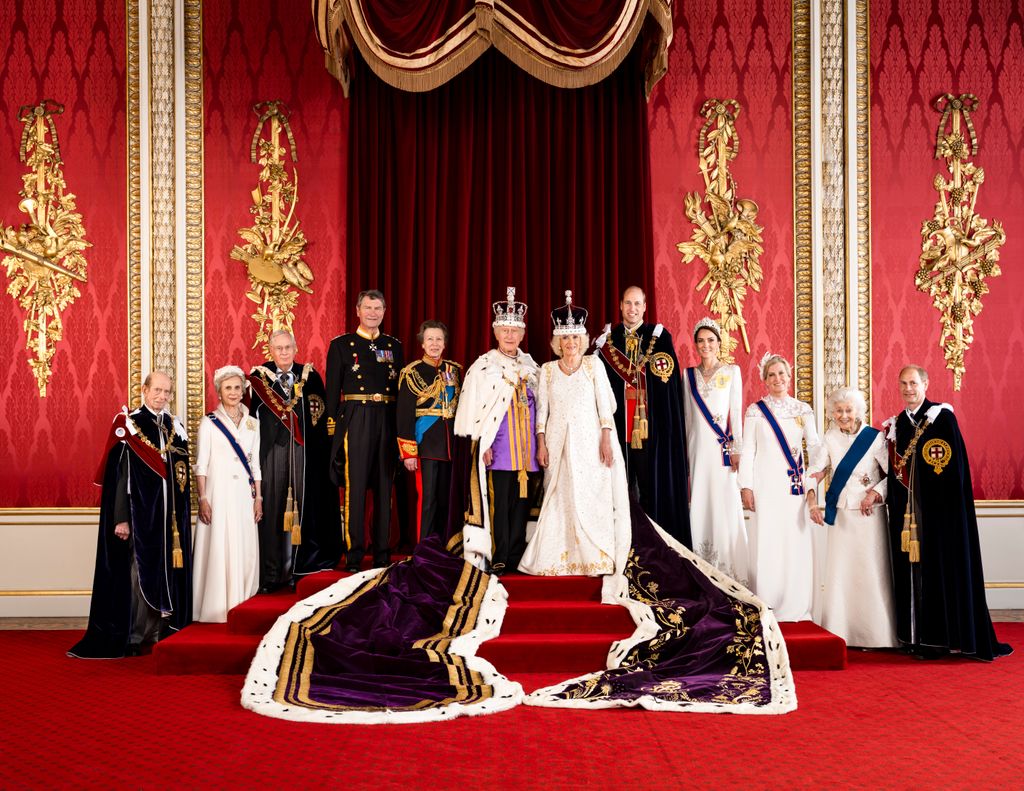King Charles has made no secret of his plans to majorly renovate Buckingham Palace, the official headquarters of the British Royal Family and the former home of his beloved late mother, Her Majesty The Queen.
The Palace is currently undergoing a 10-year project to update the electrical cabling, plumbing and heating inside the historic building in a bid to meet the King's targets for the 318-year-old property to be more energy efficient.
The royal website further explains the renovations, stating: "The building's infrastructure is in urgent need of a complete overhaul to prevent long-term damage to the building and its contents.
"The most cost-effective way to replace these essential services, and to ensure that The Palace is fit for purpose for the next 50 years, is to undertake a phased programme of works over ten years."
It also seems the monarch is making use of his late mother's unused upholstery. According to Laura Elston, PA Court Reporter, old royal curtains from Buckingham Palace and Windsor Castle have been upcycled and transformed into luxury kimonos at the suggestion of the King.
Swathes of ornate fabrics, which are understood to have dressed the windows in family and private rooms during the late Queen’s reign, were lying unused in storage after being collected during clear-outs over the decades.
After being given a new life, the vintage curtains have been repurposed into high-end, hand-made patchwork kimonos through an initiative by Charles’s King’s Foundation, ready to be auctioned off for the charity. Each one took between eight to 10 hours to tailor by hand.
King Charles' thrifty curtain repurposing isn't the only time the monarch has championed sustainability. During a rare interview with British Vogue, the King admitted that he "can't bear any waste."
His Royal Highness also discussed the importance of carrying on traditional skills, including embroidery, sewing and cutting, to the next generation, and how that goes with the interest in sustainable fashion.
"It seems to me there are huge opportunities, particularly now, within the whole sustainable fashion sector, to counter this extraordinary trend of throwaway clothing – or throwaway everything, frankly," he said of the work the ateliers are doing at Dumfries House.
"I'm one of those people who hate throwing anything away," he said. "Hence, I'd rather have them maintained, even patched if necessary, than to abandon them."










